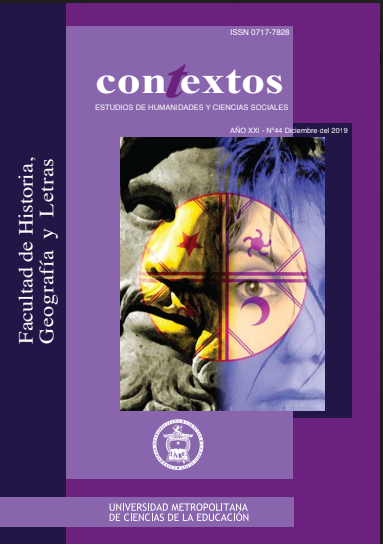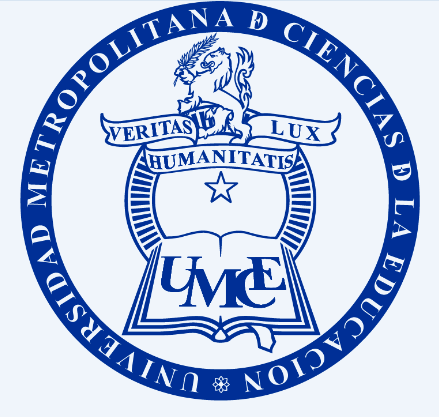Main Article Content
Dec 27, 2019
Abstract
This paper aims to analyze and identify a sexist writing, in the poetry of one of the most popular points of Jongo from the Congo of Barra do Jucu, that surpasses the narrative discourse of African origin, established in Brazil at the time of colonization. Before, however, it shows records of the Congo toads in Espírito Santo during the colonization and anticipates, to the literary analysis, an introduction on the Oral Literature in notes from critics in the world and in Brazil over the subject. He purpose is to identify it in some canons of literature, such as Paul Sébillot and Reinhold Kohler (foreigners) and Câmara Cascudo and Guilherme dos Santos Neves (Brazilians) to understand how the phenomenon of Oral Literature was born and developed. Then, it analyzes the lyrics of the toad of Barra do Jucu reissued by Martinho da Vila, which became quite known and socially accepted.
Downloads
Policies for open access journals
Authors who publish here accept the following terms: Authors will keep their copyright and will guarantee the journal the right to the first publication of their work, which will be subject to the Licence of Creative Commons acknowledgement, which allows for the use of this material only if the authorship is credited and the original source is acknowledged (the journal’s URL), and if it is not used with commercial ends and with any derivations of the original work.
Authors may adopt other non-exclusive license agreements of distribution of the published version (e.g. to save it onto a digital institutional archive or publish it in a monographic volume) only if the initial publication of this journal is indicated.
It is permitted and recommended for authors to divulge their work on the Internet (e.g. institutional digital archives or webpage) before and during the submission process, which may lead to interesting exchanges and increase the citations of the publication. (See Open Access Effect).






